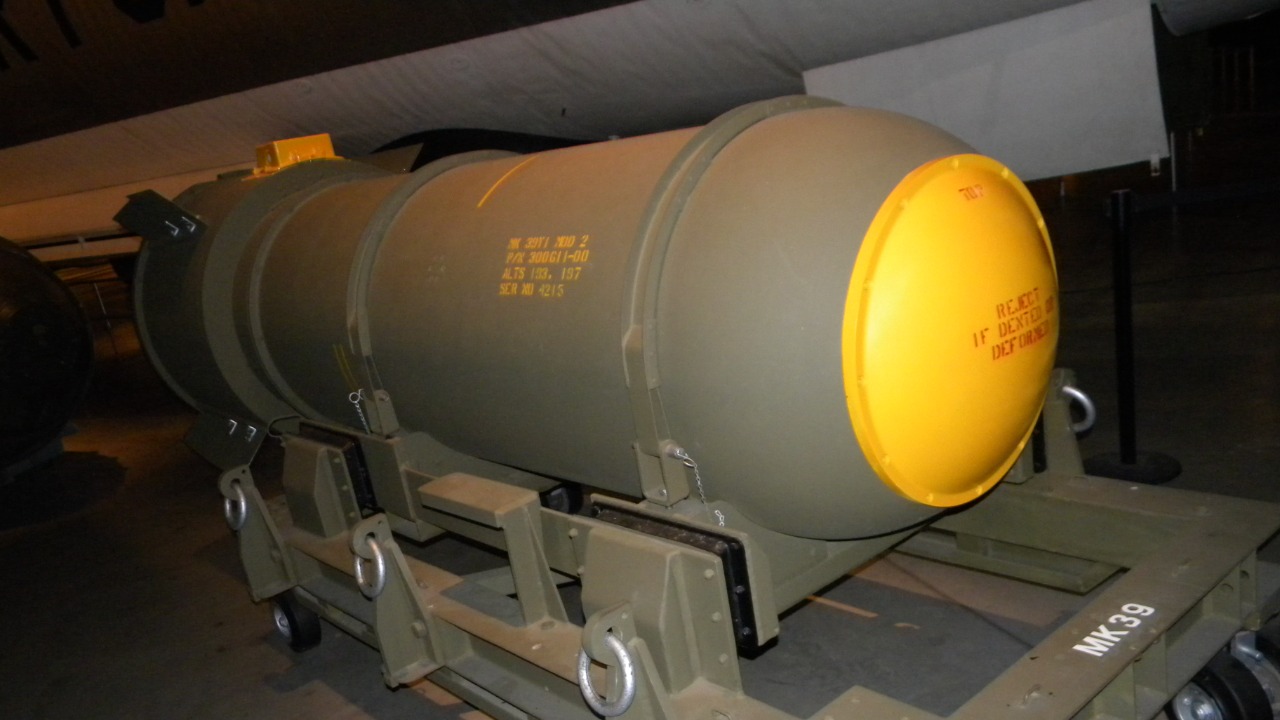
As nuclear threats escalate globally, the United States may be contemplating a significant shift in its deterrence strategy. North Korea’s quiet advancement of its nuclear program and the ongoing India-Pakistan conflict have heightened concerns, potentially prompting the U.S. to consider resuming nuclear testing after decades of restraint.
Historical Context of U.S. Nuclear Testing Bans
The U.S. has maintained a moratorium on nuclear tests since 1992, a decision that played a pivotal role in the Comprehensive Nuclear-Test-Ban Treaty. This treaty aimed to curb global nuclear proliferation, but it left gaps in verifying the reliability of modern warheads. The U.S. has conducted over 1,000 nuclear tests since 1945, primarily in Nevada and the Pacific, underscoring the foundational role of testing in arsenal development. However, the ban has constrained updates to aging stockpiles, setting the stage for the current pressures to resume testing.
North Korea’s Accelerating Nuclear Threat
North Korean leader Kim Jong Un has been quietly advancing his country’s nuclear program. A key expansion has been the construction of a new uranium enrichment complex, as reported on June 19, 2025. The International Atomic Energy Agency (IAEA) has faced challenges in monitoring North Korea’s nuclear activities, with reports of undeclared activities suggesting evasion of international oversight. These developments have heightened U.S. concerns over North Korea’s missile capabilities and potential for rapid arsenal growth.
Tensions in the India-Pakistan Rivalry
The India-Pakistan conflict, with its history of border skirmishes particularly in Kashmir, serves as a flashpoint for escalation. Both nations possess around 170 warheads each, and recent military exchanges have amplified the risks of a nuclear war. A report from May 13, 2025, questioned how real the risk of nuclear war is, including scenarios of miscalculation during conventional fights.
Global Proliferation Pressures on U.S. Policy
North Korea’s uranium enrichment efforts pose broader challenges to non-proliferation treaties. Kim Jong Un’s actions undermine U.S.-led efforts to curb nuclear proliferation. The India-Pakistan conflict exemplifies regional instability that tests the U.S.’s extended deterrence commitments to its allies. The interplay between these threats and U.S. obligations under arms control agreements illustrates the need for credible responses.
U.S. Arsenal Modernization Challenges
The U.S. nuclear stockpile, reliant on designs from the Cold War era, has not undergone live tests since 1992. Simulations and subcritical experiments have been used as stopgaps, but they have limitations in fully replicating explosive yields. These constraints are pushing for resumed testing as a way to ensure warhead safety and efficacy amid evolving threats.
Strategic Implications of Resuming Tests
U.S. preparations to resume nuclear testing could signal resolve against North Korea’s advances, potentially deterring further provocations. In South Asia, testing might reassure allies amid the India-Pakistan nuclear risks. However, the move could also invite international backlash, including from the IAEA, while weighing benefits for national security.
More from MorningOverview